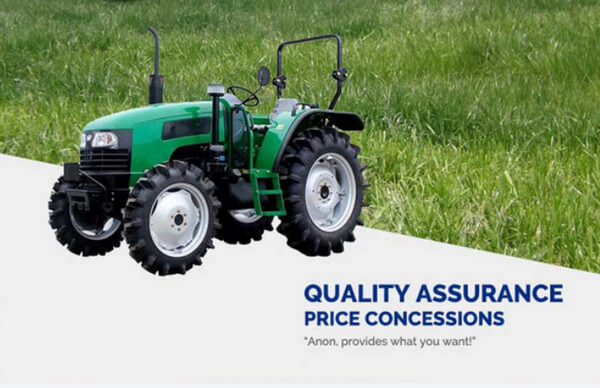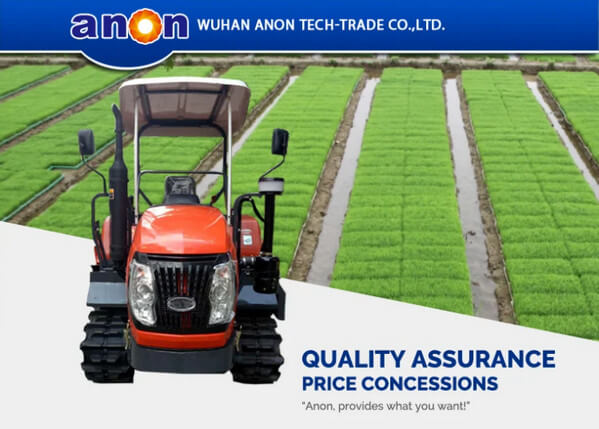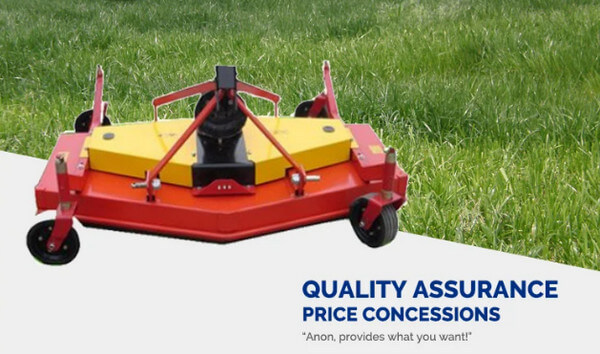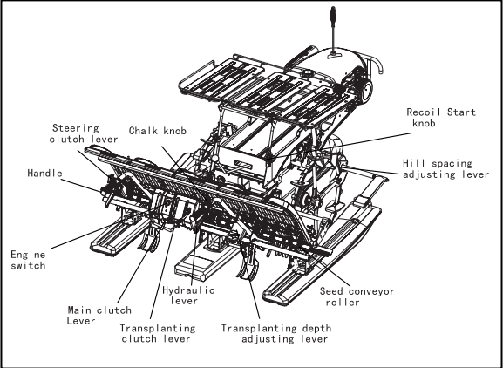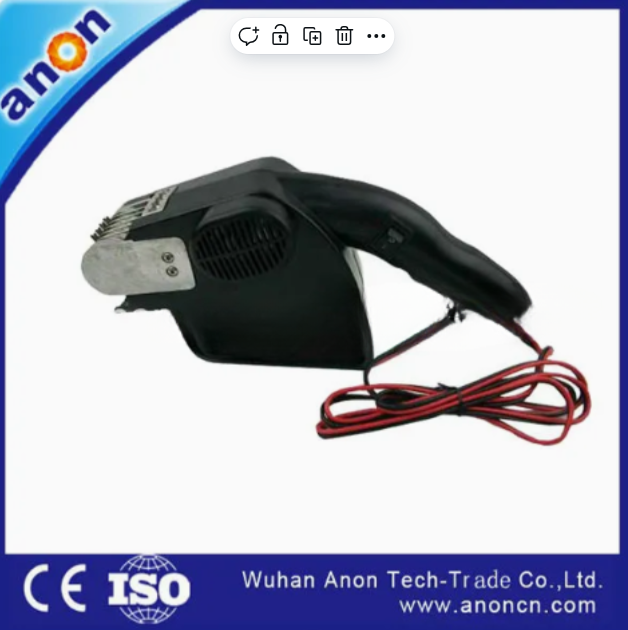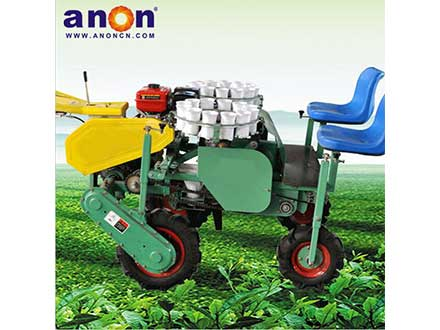Introduction
For those who run farms, tractors are essential. However, when purchasing a tractor, people often face the decision of whether to choose a used or new tractor. In this article, I will compare the two from multiple aspects to help you make the choice that suits you. If you’re interested, keep reading.

Cost
Before thinking about how to choose a tractor, the cost of a tractor often limits your options. It’s a good idea to consider both the purchase cost and the long-term costs.
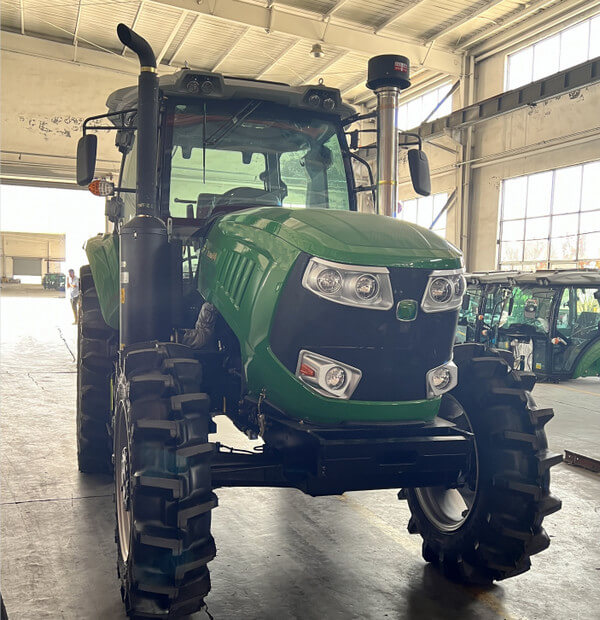
Purchase Cost
In terms of purchase cost, considering the overall quality of the tractor, new tractors are often more expensive than used ones, especially those with high-tech features or new models. If your budget is tight, you can opt for a more affordable used tractor.
Long-term Cost
In the long run, since used tractors have already been used for some time, they tend to break down and need repairs more often than new tractors. On the other hand, new tractors come with a warranty, which can significantly reduce your repair and maintenance costs. This could narrow the cost difference between a new tractor and a used one.
Reliability and Durability
The new tractor warranty and after-sales service are very reliable. During the warranty period, the tractor manufacturer can provide free repairs and original parts to ensure the tractor’s quality. In contrast, used tractors have less comprehensive after-sales service. Due to model differences, it can be harder to find original used tractor parts, making used tractors less reliable than new ones.
The new tractor technology and designs are safer. They are rigorously inspected and tested before leaving the factory, with all parts being brand new and of high quality. In contrast, it’s hard to fully know the condition of a used tractor. Issues like overuse or poor maintenance can pose potential risks and reduce durability.
Technology and Features
New tractors often come with more advanced technology, such as hydraulic suspension and new diesel engines. These features of the tractor help reduce vibration and noise, meet strict emission standards, and include advanced shifting systems, front and rear axle drives, and brakes. This improves the tractor’s efficiency and adaptability.
Unlike new tractors, which are versatile and can easily be equipped with and switch between more farm attachments, used tractors often have more limited functions, with some features being outdated and unable to keep up with modern farming needs. Additionally, used tractors are more complicated to operate and have fewer safety features, which may increase your risk when using them.
Maintenance and Repair
New tractors have more complete and comprehensive technical support for repairs compared to used tractors, meaning you’ll get a quicker response when your tractor has issues. As I mentioned before, new tractors use original parts for repairs, which are better in both compatibility and quality, ensuring the tractor’s reliability and proper operation. If a used tractor is too old, it might be difficult to find original parts and skilled technicians for repairs.
The maintenance process for new tractors is simpler due to technological improvements, and since the parts are not worn, you don’t need to perform maintenance as often. In contrast, used tractors require more frequent inspections and maintenance because of worn parts and aging systems to ensure proper operation. Additionally, with a new tractor, you can fully understand its condition, such as when the last maintenance was done, which is harder to know with a used tractor.
Depreciation and Resale Value
Another factor you need to consider is the tractor’s depreciation and resale. Depreciation depends on the original value, age, condition, brand, and fixed residual value. Generally, new tractors experience rapid depreciation at first and then slow down. Used tractors have already gone through the rapid depreciation phase, so they depreciate less. Therefore, selling a new tractor can result in a greater loss compared to a used one, depending on whether you see it as a temporary solution.
If you plan to replace your tractor in the future and need to sell it, it’s clear that a used tractor will be easier to sell than a third-hand tractor. Third-hand tractors are often more affected by market demand limitations.
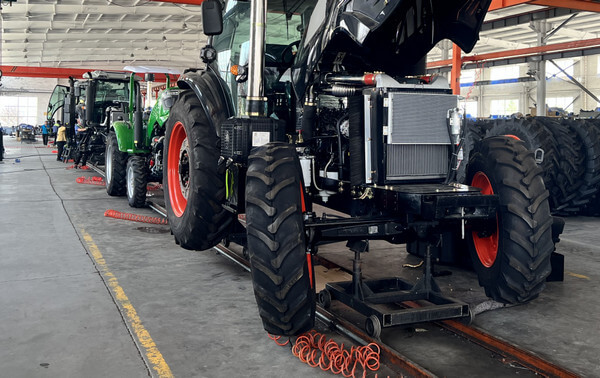
Environmental Impact and Energy Efficiency
In terms of emissions, new tractors use advanced engines and emission control technology to reduce pollution. Used tractors may only meet older emission standards, and if they haven’t been well-maintained, they could emit more pollutants.
Regarding fuel efficiency, new tractors have higher fuel efficiency due to optimized combustion systems. However, as used tractors age, their engines and other parts wear out, which decreases fuel efficiency.
Suitability and Use Cases
When it comes to the types of tasks, there are differences between the used tractor and the new tractor. New tractors are usually more efficient and precise for tasks, while used tractors are better suited for simpler tasks with lower technical demands.
New tractors, with their high performance, can handle large-scale jobs and are suitable for tasks that require heavy use and long hours. Used tractors, on the other hand, are better for short-term or temporary projects where you plan to sell them after the project ends, which can ease the financial pressure.
Time Consuming
When choosing a tractor that meets your needs, whether it’s a new or used tractor, you’ll need to take your time selecting the right one. New tractors are readily available and can be put to use quickly, while finding a used tractor that fits your needs and is in good condition will take more time.
Insurance
Compared to used tractors, new tractors not only come with a manufacturer’s warranty but are also preferred by insurance companies, making the claims process simpler. Since used tractors may have more unknown issues, they require more detailed inspections, and due to their prior use, the insurance payout is usually lower.
Conclusion
After comparing used tractors and new tractors from multiple angles, I think you can see that if your budget allows and you’re considering a tractor as a long-term investment, I recommend choosing a new tractor, especially for farms that require efficient operations. If you have any purchasing needs, feel free to consult with us at ANON.
FAQ
How long is the warranty on a new tractor?
We offer a one-year warranty for the tractors we sell. Additionally, during the warranty period, if any core parts have issues, we will provide free repair or replacement services. If needed, we can send professional technicians for repairs. Before shipping, we also provide a detailed inspection video to ensure the tractor is in the best condition.
How can you afford a new tractor?
Loans remain one of the most common financing methods for purchasing expensive equipment. For example, a $600,000 tractor could be repaid over 12 years, with annual payments of approximately $50,000, plus interest. This method allows farmers to invest in modern, efficient tractors without immediately depleting their financial reserves.
What is the average lifespan of a tractor?
The service life of a tractor typically ranges from 4000 hours to 10000 hours, depending on maintenance, brand, and usage.


